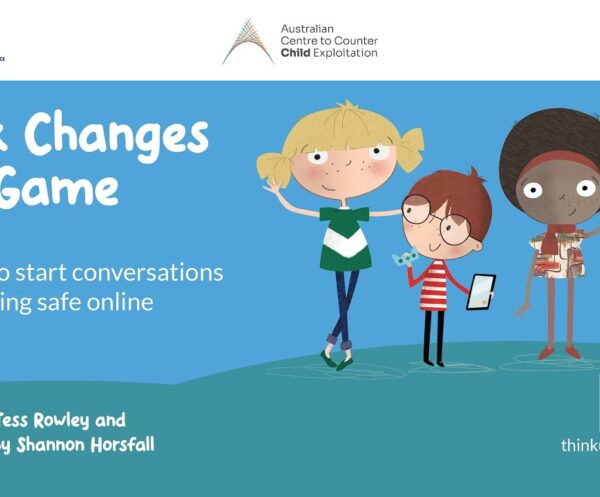UniSA lecturer calls for greater media literacy as a child protection tool

A researcher from the University of South Australia (UniSA) is calling for greater media literacy, early in children’s formal education, as an ‘essential line of defence’ against online child abuse and sexual exploitation.
In a newly published book chapter, Associate Professor Lesley-Ann Ey lays out the urgent case for equipping young people with critical thinking skills to help them navigate the digital world safely, early in life.
With online child sexual abuse and exploitation on the rise Associate Professor Ey says that more children and young people are at risk of sexual abuse and exploitation.
“Children and young people have been vulnerable to sexual abuse and exploitation throughout history,” AP Ey said.
“The internet has amplified this vulnerability, giving perpetrators greater access to potential victims.”
The current focus in this space, she continued, is on adolescents, advising them against risky behaviours. This, she said, is often ineffective given that adolescents are more naturally inclined to take risks, and benefit more from developing critical thinking skills than they do being told what to do or not do.
Instead she advocates for early media literacy education for young children before they begin venturing into online spaces.
“Young children, who are increasingly online, need to start developing their online safety skills and awareness early,” AP Ey believes.
“Media literacy extends beyond learning digital tools; it involves understanding how these tools influence identity, choices, and safety.”
“Without this education, children may unwittingly expose sensitive information. For example, if they post photos without removing metadata, or leave location services on, they’re revealing details that can make them more vulnerable.”
Far more than being able to just recognise ‘fake news’ media literacy in this context is about being able to recognise the signs of manipulation and be aware of the hazards of the digital environment.
“If media literacy is not a part of the protective measures we take against sexual abuse and exploitation, and protecting against those harms is not part of media literacy; then both are missing something fundamental,” she emphasised.
Teaching children to ask questions about the media they consume, such as who created it, for what purpose, and what its impact might be, helps children to develop a toolkit for assessing all types of content.
This, AP Ey said, empowers them to spot misinformation, identify manipulated images, and recognise fake profiles, all of which are the tools of online predators.
“Perpetrators are strategic in their approach, often engaging children on accessible platforms like gaming and social media before shifting to private messaging to avoid detection,” she explained.
“Teaching children to evaluate their online interactions critically – questioning who they’re speaking to and why – can disrupt these plans.”
“Media literacy is not just about preventing harm,” she concluded, “it’s about equipping young people to navigate a complex digital world with confidence.”
This chapter is published as: Lesley-Anne 2024 ‘Child sexual abuse and child sexual exploitation and the need for media literacy as a protective mechanism‘, in The Importance of Media Literacy: Getting the Most from the Digital World, ch. 17, pp. 233-251.
Popular

Workforce
Policy
Quality
Practice
Provider
Research
ECEC must change now, our children can’t wait for another inquiry
2025-07-02 07:47:14
by Fiona Alston

Workforce
Practice
Provider
Quality
Research
Supporting successful transitions: Big moves, big feelings
2025-06-26 11:00:30
by Fiona Alston

Practice
Quality
Research
When joyful autonomy matters so much more than curriculum outcomes
2025-06-25 09:30:36
by Contributed Content













